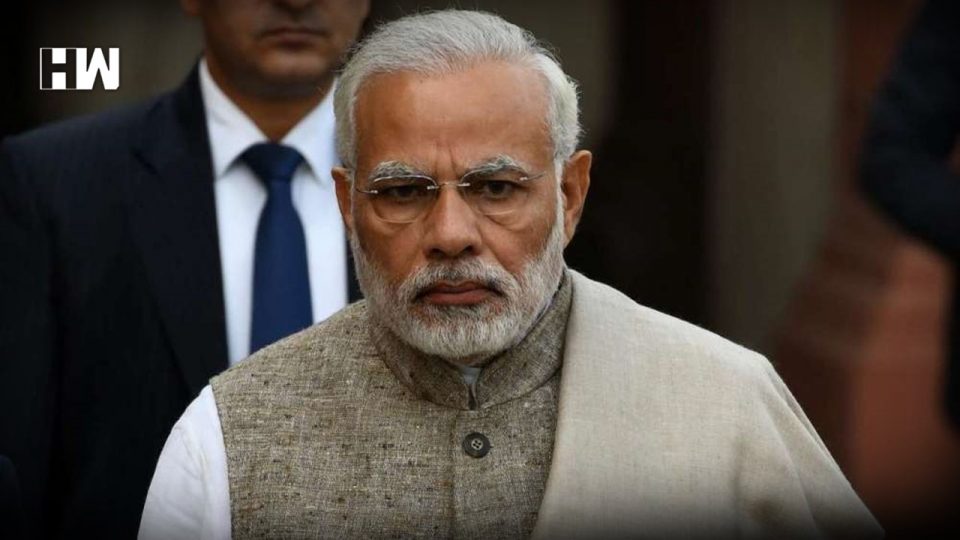An analytical research project by Sweden-based Varieties of Democracy (V-Dem) Institute said India has turned into an “electoral autocracy”.
An analytical research project by Sweden-based Varieties of Democracy (V-Dem) Institute said India has turned into an “electoral autocracy”.
Last year, the institute had said that the Bharatiya Janata Party now closely resembles a “typical governing party in an autocracy”.
The organisation, which conceptualises and measures democracy, released its report on Wednesday in the presence of Sweden’s Deputy Foreign Minister Robert Rydberg. India’s autocratisation process has “largely followed the typical pattern for countries in the ‘Third Wave’ over the past ten years: a gradual deterioration where freedom of the media, academia, and civil society were curtailed first and to the greatest extent”, it said.
India was last year classified as highly uncertain. With more and better data this year, according to the research organisation, India is now classified with a higher degree of certainty as an “electoral autocracy” from 2019.

After Narendra Modi became the prime minister, censorship efforts have become routine and are no longer related to only government matters, the report said.
Pointing out that the Indian government before Modi rarely used censorship, the report said: “India is, in this aspect, now as autocratic as is Pakistan, and worse than both its neighbours Bangladesh and Nepal.”
“In general, the Modi-led government in India has used laws on sedition, defamation, and counterterrorism to silence critics. For example, over 7,000 people have been charged with sedition after the BJP assumed power and most of the accused are critics of the ruling party.”
The government has constrained civil society and gone against the Constitution’s commitment to secularism, it further said.
“The BJP have increasingly used the Foreign Contributions Regulation Act [FCRA] to restrict the entry, exit and functioning of civil society organisations,” the report said, claiming that civil society organisations that have aligned themselves with the Hindutva movement have gained more freedom.
The report also said that the Unlawful Activities (Prevention) Act, amended in 2019, was being used to “harass, intimidate, and imprison political opponents” as well as against people protesting against the government’s policies.
“The UAPA has been used also to silence dissent in academia. Universities and authorities have also punished students and activists in universities engaging in protests against the Citizenship Amendment Act.”
The researchers analysed the data and came across a “striking pattern” of how autocratisation unfolds. “First, seek to restrict and control the media while curbing academia and civil society,” it said. “Then couple these with disrespect for political opponents to feed polarisation while using the machinery of the government to spread disinformation. Only when you have come far enough on these fronts is it time for an attack on democracy’s core: elections and other formal institutions.”
Pointing out that the global decline of liberal democracies during the past 10 years was steep and continued in 2020, the report said that it was especially observed in he Asia-Pacific region, Central Asia, Eastern Europe, and Latin America.
“Over the last ten years the number of democratizing countries dropped by almost half to 16, hosting a mere 4% of the global population,” the report said. Other than India, G20 countries such as Brazil and Turkey were among the top 10 decliners.
As an independent media platform, we do not take advertisements from governments and corporate houses. It is you, our readers, who have supported us on our journey to do honest and unbiased journalism. Please contribute, so that we can continue to do the same in future.

